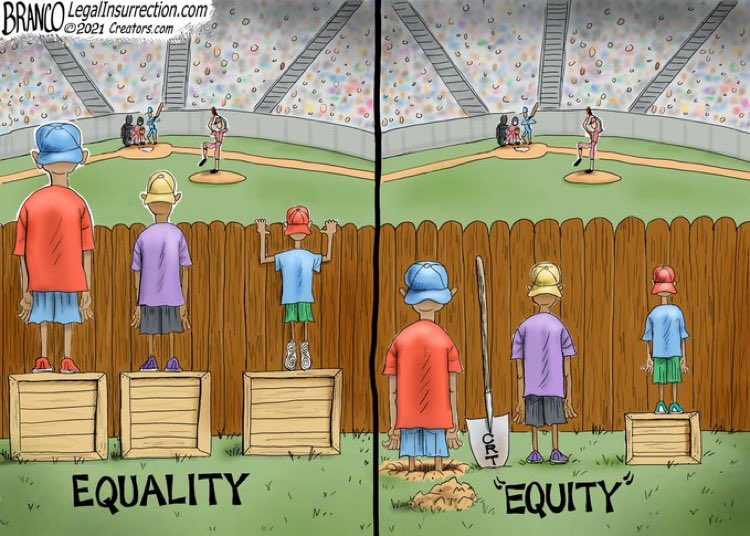
GETTING CORE VALUES ADOPTED
The other day, I talked about best practices to drive the adoption of standards of behavior.
Here is the recording and, in the thread below, a few highlights.
1/ Core Values must be expressed as trade-offs.
The other day, I talked about best practices to drive the adoption of standards of behavior.
Here is the recording and, in the thread below, a few highlights.
1/ Core Values must be expressed as trade-offs.
2/ "Ethics is one of our Core Values"
→ generic, not a standard, not actionable
"We always condemn unethical behavior, even from our star performers"
→ specific, a standard of behavior, actionable
→ generic, not a standard, not actionable
"We always condemn unethical behavior, even from our star performers"
→ specific, a standard of behavior, actionable
3/ Another example:
"Customer focus is one of our Core Values"
→ generic, not a standard of behavior, not actionable
"Each piece of customer feedback is routed to someone accountable for what it describes"
→ specific, a standard, actionable
"Customer focus is one of our Core Values"
→ generic, not a standard of behavior, not actionable
"Each piece of customer feedback is routed to someone accountable for what it describes"
→ specific, a standard, actionable
4/ Next highlight: Core Values require consistency.
Teams do not remember the 99 times they acted in accordance to Core Values. They remember the one time when one of them acted against the Core Value and wasn't called up upon it.
Teams do not remember the 99 times they acted in accordance to Core Values. They remember the one time when one of them acted against the Core Value and wasn't called up upon it.
5/ Next highlight: Core Values require costly action.
When you say, "we Respect People", your employees do not know whether you mean it or you're checking a compliance checklist.
When you suspend that star employee that made a racist comment, they know you meant it.
When you say, "we Respect People", your employees do not know whether you mean it or you're checking a compliance checklist.
When you suspend that star employee that made a racist comment, they know you meant it.
6/ More importantly, when you take a costly action you demonstrate to others that you truly believe that Core Values are investments and that you are glad to pay their costs.
And that you expect everyone else to do the same.
And that you expect everyone else to do the same.
7/ This is critical because lot of times, employees are like "yes, I know that Sustainability is a Core Value of the company, but does my boss really expect me to choose the supplier which is greener but more expensive? Will he reprimand me if I do choose it?
8/ No amount of words can convince an employee that indeed, he is supposed to take the hard choice.
But costly actions can.
With them, the manager demonstrates that he really believes that Core Values are worth practicing, even when costly to do so.
But costly actions can.
With them, the manager demonstrates that he really believes that Core Values are worth practicing, even when costly to do so.
9/ These were just 3 points from the talk.
- Express Core Values as trade-offs
- Be 100% consistent in requiring them
- Demonstrate with visible costly actions
More insights in the talk and in by book "Best Practices for Operational Excellence"
- Express Core Values as trade-offs
- Be 100% consistent in requiring them
- Demonstrate with visible costly actions
More insights in the talk and in by book "Best Practices for Operational Excellence"
• • •
Missing some Tweet in this thread? You can try to
force a refresh






